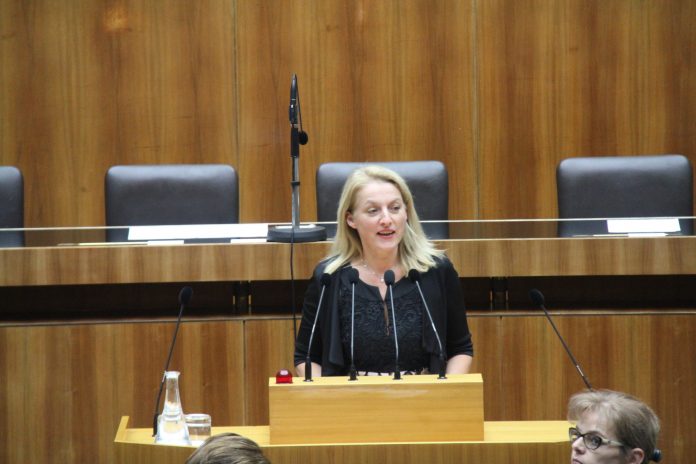Legislators sealed a deal obliging multinationals to publically declare what taxes they pay in each EU country, overcoming five years of foot-dragging by some governments.
The deal struck on Tuesday night between European Parliament and Council negotiators sets in place rules that require multinationals and their subsidiaries with annual revenues of over EUR 750 million, and which are active in more than one country, to publish and make accessible the amount of taxes they pay in each member state. The information will also need to be made available on the internet, using a common template, and in a machine-readable format.
Specifics to report
To facilitate the use of the information provided and increase transparency, the data provided will need to be broken down into specific items, including the nature of the company’s activities, the number of full-time employees, the amount of profit or loss before income tax, the amount of accumulated and paid income tax and accumulated earnings.
Tackling clever tricks
Subsidiaries or branches falling below the revenue threshold will also be required to report if they are deemed to exist only to help the company avoid the reporting requirements. Some provisions allow room for manoeuvre for multinationals to be temporarily exempt from some reporting requirements, but these are nonetheless strongly circumscribed.
Extra-territorial reach
The tax transparency reports should also extend to the EU list of non-cooperative jurisdictions for tax purposes outside the EU (countries on the so-called EU “black” and “grey” lists), says the agreed text. Although MEPs wanted stronger provisions to tackle profit shifting to non-EU tax havens, the new rules will still shed some light on taxes being lost to tax havens. In January 2021, Parliament agreed that 6 of the 20 largest tax havens are EU countries, with two of the top five spots occupied by member states. Also, a study by the Director of the EU Tax Observatory concludes that about 80% of the profits shifted in the EU are shifted to EU tax havens.
Strong review clause
One of the most difficult points for negotiators was on full disaggregation on country-by-country reporting. Parliament negotiators underlined that these rules are a first step in achieving tax transparency and secured a strong and robust review clause that allows rules to be revisited in 4 years and extended after an assessment.
Lead negotiator Evelyn Regner (S&D, AT) said: “Today’s deal marks a significant step towards tax transparency. With the public Country-by-Country Reporting Directive — which obliges big corporations operating in the EU to disclose their tax information — we have answered society’s calls for more tax transparency. Parliament has been fighting for this directive to be implemented for more than five years and today we were finally able to reach a deal with the Council. We have laid the foundations for tax transparency in the EU with this deal, and this is just the beginning”.
Lead negotiator Iban García del Blanco (S&D, ES) said: “We have come a long way. We would have liked to see a more solid position on transparency from the Council, which would have allowed a more ambitious agreement. However, after five years waiting for the Council to unblock the file, we have managed to bring our positions closer on the obligation to report, the accessibility to information, the duration of the safeguard clause and the terms of the review clause, to name a few. We had a responsibility to seize the political window of opportunity opened by the Portuguese presidency to make major progress towards approving and developing a directive that makes public country-by-country reporting mandatory for multinationals and increases the transparency on where they pay their taxes.”
The text now needs to be endorsed by the Committees on Economic and Monetary Affairs and Legal Affairs and the Parliament as a whole, as well as Council. The vote in plenary is expected after the summer recess.

